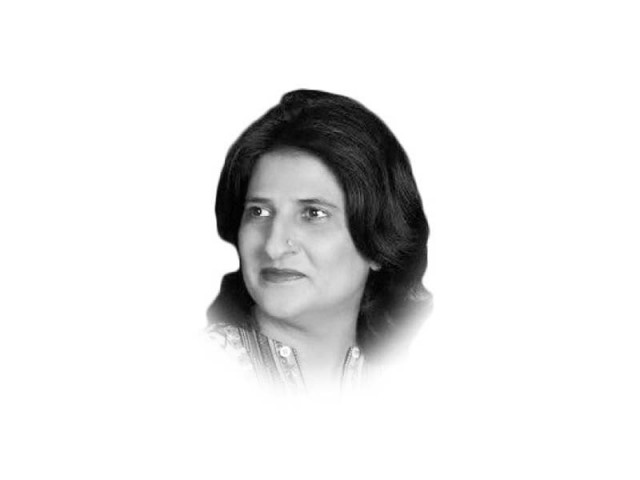Punishing students for no sin of theirs
The international commitment to ‘Education for All’ needs a strategy that must be apolitical and uncompromised

The European Union has made its financing for secondary education in Afghanistan conditional and only those schools will get the funding that are allowing girls to attend classes. It looks a very logical and encouraging move if you don’t know the Taliban and Afghan social fabric.
Jutta Urpilainen, who is a Finnish politician and commissioner in charge of the European Commissioner for International Partnerships while briefing the European Parliament’s development committee, stated that “the EU will only offer education support at the secondary level in places where girls are guaranteed access to it.” She considers her decision as an attempt to use funding as “leverage” on the Taliban, and also sending a message to the Taliban that the EU is very serious about European values and what they have told them (Taliban) to accept.
Is it not unfortunate that the West did not learn anything about the Taliban and about Afghan social fabrics even after running away from 20 years long US-led Afghan war against the Taliban. Did the Taliban ever accept any offer that came with conditionality? The answer is ‘Absolutely Not’.
Furthermore, did Europe not know that US-sponsored governments from 2001 to 2021 failed to change the social model of Afghans in connection with their womanhood and failed to execute the women’s education system effectively? I think at least Urpilainen does not remember this. So who would be a loser — Taliban or Afghan students?
Termination of funding would result in the possible closure of their schools because the Taliban regime has no resources to run any so-called state institution. School students and their poor families cannot compel the Taliban to change their gender-based policies but they would be victims of the decision taken in Brussels that is considered as a move in response to recent ‘outrageous decisions’ by the Taliban to prevent teenage girls from attending school and to order all women to cover their faces in public.
Urpilainen believes “these measures will not go unanswered” but I believe she may be lacking understanding of the dynamics of Afghan society and the mindset of the Taliban.
Though I stand with the EU’s stance on gender equality and the right of women to live as they wish in public life, from education to the political and economic sectors, but Afghanistan is a different kind of land having a different kind of social norms, historic perspectives and customs. To my understanding it the best to leave Afghans to live as they wish or help them unconditionally if someone wishes to offer assistance.
Afghans as a nation must appreciate the EU that did not leave them ‘unattended’ in the field of education after the Taliban took over Kabul and the European Commission through UN agencies provided emergency cash support to around 194,000 teachers via Unicef. We remember that the EU was the first and foremost to announce $1 billion in support for Afghanistan after President Ashraf Ghani ran away from his country and US forces left Afghanistan in the erratic scenes we saw at Kabul Airport.
Unicef assistance was largely implemented during the winter months, before the school ban announcement in March 2022 and this programme is now in the course of closing, with almost all this support having already been directly disbursed to the final beneficiaries (of which one-third are women). I fear that after the EU conditionality, there would be no new Unicef assistance programme for teachers and students and this situation would drastically affect the already collapsed educational system of Afghanistan. We already know that an EU-supported World Food Programme effort to provide food at secondary schools is also paused as girls do not have equal access.
According to the latest data (last week of May 2022) available with Brussels, around 20% of secondary school girls have access to education and nine of Afghanistan’s 34 provinces currently allow girls to attend secondary education.
Imagine if other Western donors follow the EU’s lead, then Afghanistan’s already strained education system would collapse even before the end of 2022.
The international commitment to ‘Education for All’ needs a strategy that must be apolitical and uncompromised if we really wish to help children who are already losing hope in conflict zones.
Published in The Express Tribune, June 4th, 2022.
Like Opinion & Editorial on Facebook, follow @ETOpEd on Twitter to receive all updates on all our daily pieces.














COMMENTS
Comments are moderated and generally will be posted if they are on-topic and not abusive.
For more information, please see our Comments FAQ